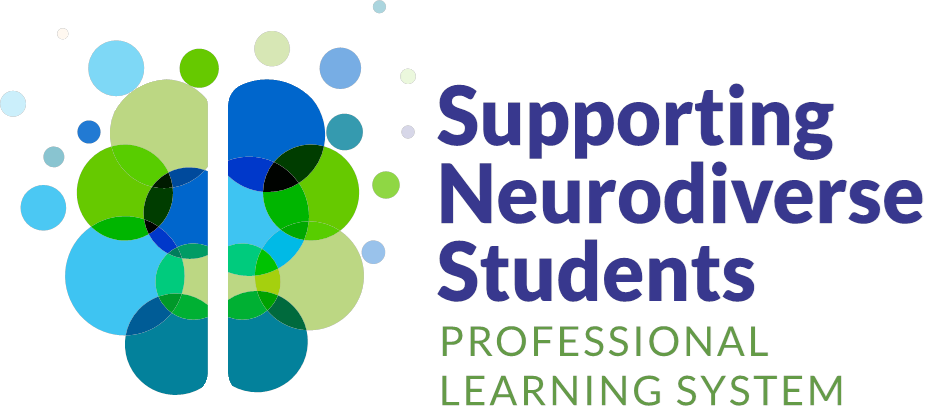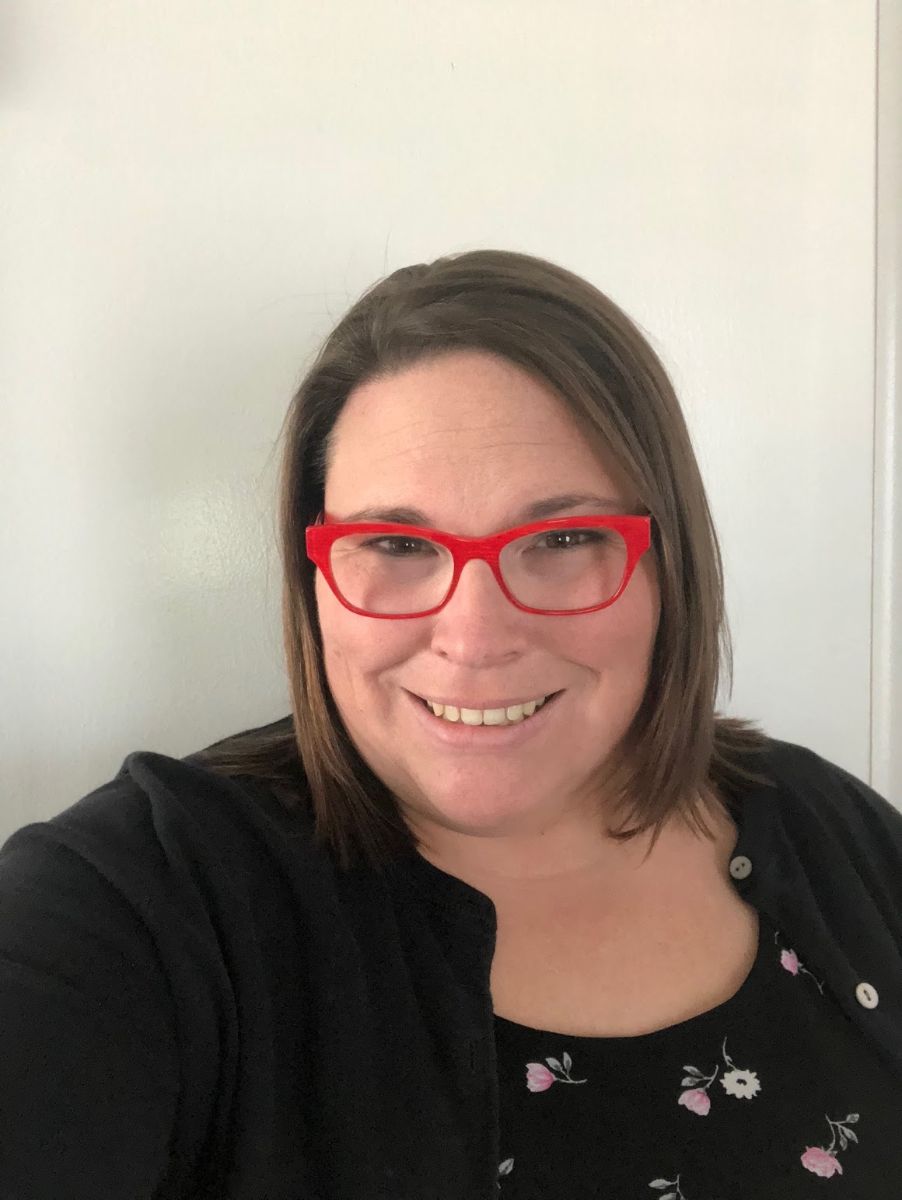Hidden Curriculum - May 13, 2025 (virtual)
Admission
- Free
Location
Description

Have you ever not understood a joke or felt lost in an interaction with someone? Understanding the social context around us is a skill set many of us have without much conscious awareness. When our brain does not take in and process social information in the same way as those around us, it can result in a mismatch within our interactions.
In this training, we will explore components of how we socially communicate and, when our brain thinks differently, how that can cause social mishaps or mismatched interactions. At times, the social information can be hidden to us; this training supports educators to provide information around social context and interaction.
Objectives:
- Participants will be introduced to the social communication skill of social cognition and its use
- Attendees will leave the session with the tools to problem solve challenging behavior output and extreme social misunderstandings
- Participants will also be given strategies to enhance their current lessons, conversations and learning tasks with social cognition skill builders

About the Presenter: Katie Berg MA Ed., Supporting Neurodiverse Students Statewide Coordinator
Katie has been educating students for over 20 years. She has worked in the private sector, public education and now statewide through an IDEA Discretionary Grant. From her experiences providing one on one therapy, classroom teaching, district training and now statewide work, Katie has had opportunities to engage learners in a range of subjects related to students with neurodiverse needs. Many years were spent focused on working with students with autism and students experiencing mental health differences. Katie focuses on Social and Emotional Learning skills to support students and educators in problem-solving challenging behaviors.
The Supporting Neurodiverse Students Professional Learning Grant CFDA# 84.027A acknowledges the support of the Wisconsin Department of Public Instruction in the development of this material and for the continued support of this federally-funded grant project. There are no copyright restrictions on this document; however, please credit the Wisconsin DPI and support of federal funds when copying all or part of this material.
